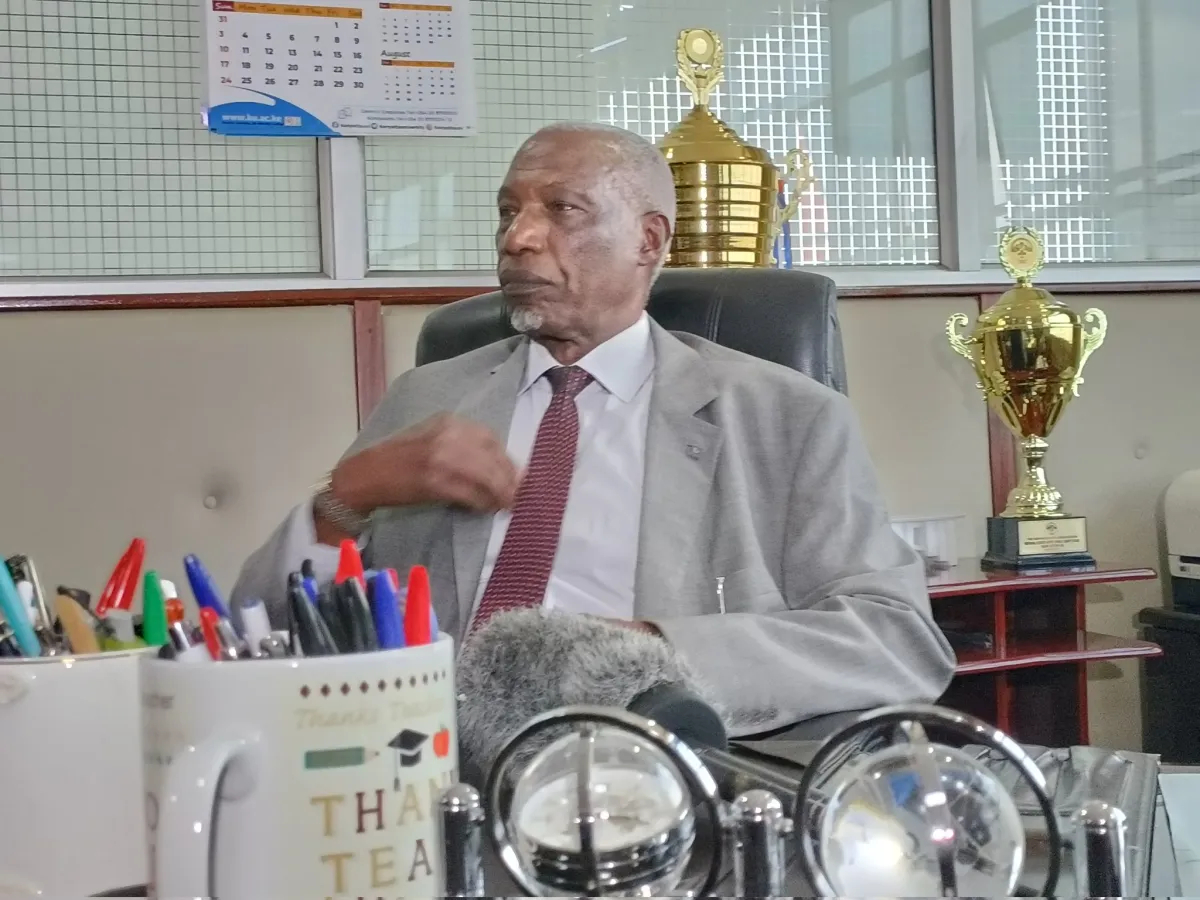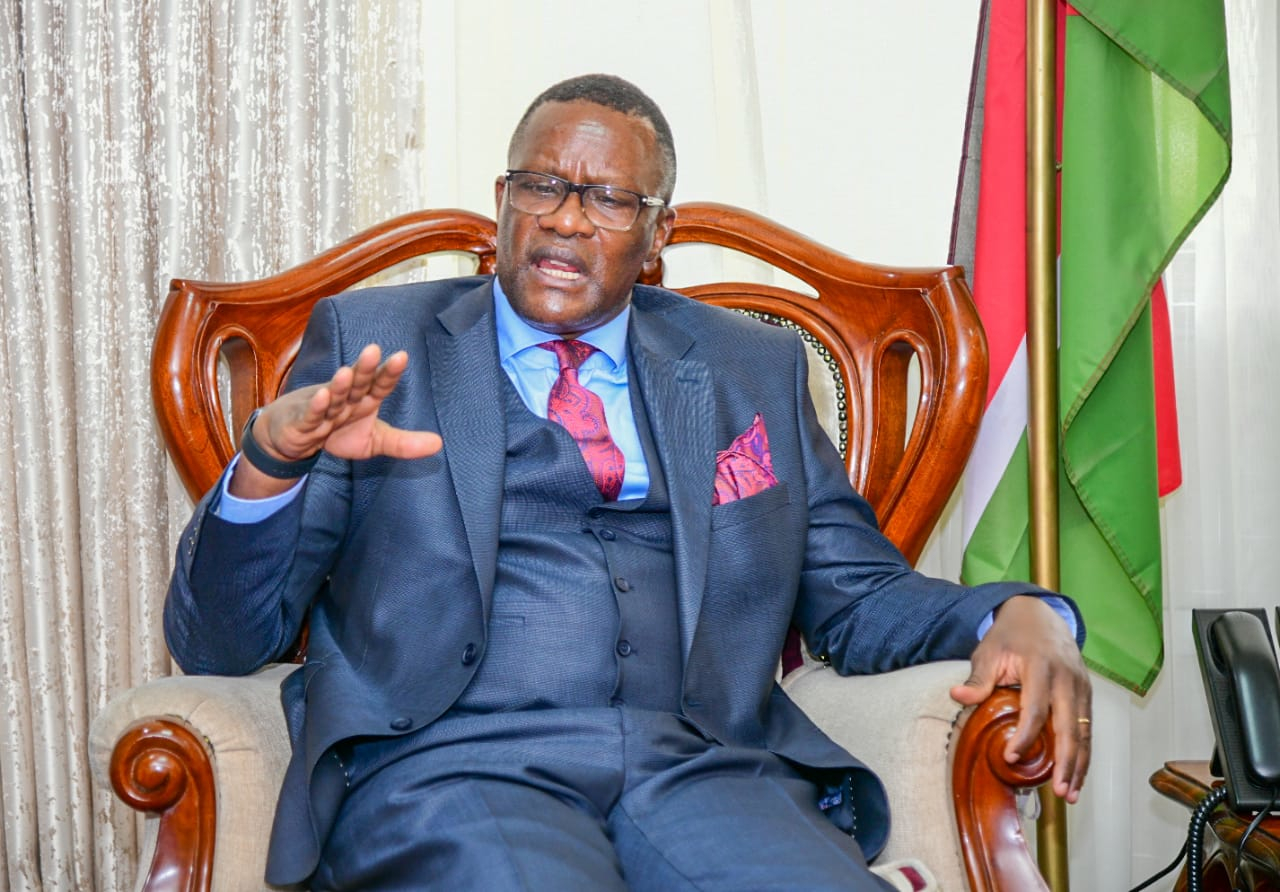
Keep construction moving: Should Kenya adopt statutory adjudication for construction disputes?
Why statutory adjudication could unlock faster, fairer outcomes.

As Kenya pursues ambitious infrastructure plans, we can’t afford to overlook how we handle disputes in the construction sector. Disagreements, especially around payments and cash flow, remain the most significant reasons projects slow down or stall entirely.
We all know construction plays a vital role in economic development. But when disputes drag on, everyone loses, from contractors to clients, investors, and ultimately, the public. Traditional methods like arbitration or litigation can be expensive and take months, even years, to conclude. They also tend to strain relationships and cause unnecessary risk in projects where collaboration is key. We need a better way, and adjudication might just be it.
Adjudication is a faster, more practical alternative. It’s a process where a neutral third party decides on the dispute after reviewing the facts from both sides. This typically happens within a few weeks, allowing work to continue with minimal disruption. It’s already being used in parts of the world to protect cash flow – the lifeblood of the construction industry.
In Kenya, adjudication is allowed, but only if the contract includes it. That means each party must agree on whether and how they’ll use it. While this contract-based approach brings some flexibility, it also brings problems. There’s no standard process, no guaranteed access for smaller players, and no legal teeth to enforce decisions. So, even when adjudication is used, it may not offer the certainty or speed contractors need.
Yet, some construction contracts in Kenya do include adjudication. For example, the international FIDIC contracts allow for dispute adjudication boards whose decisions are binding unless taken to arbitration. Locally, the Joint Building Council (JBCC) Green Book doesn’t directly provide for adjudication, relying instead on the project architect or arbitration. Although both systems can be tailored, the lack of a clear legal framework leaves too much to chance.
We can look to other countries for inspiration. In the UK, adjudication has been written into law since 1996. Their system gives anyone involved in a construction contract the right to take a dispute to adjudication at any time, even if the contract doesn’t allow it. The whole process is designed to be quick: it starts within a week and is usually over in 28 days. Most importantly, UK courts enforce the decisions, making the outcomes meaningful and immediate. If needed, parties can still go to arbitration or court later. It’s a fair, balanced approach that’s helped keep projects moving while protecting everyone’s interests.
Kenya could benefit from something similar. The Office of the Attorney General has already taken a step in the right direction with the proposed Sessional Paper No. 4 of 2024 on the National Alternative Dispute Resolution Policy. As part of this, a Draft Construction Adjudication Bill has been introduced. If passed, it would create a legal foundation for adjudication – setting clear timelines and making sure decisions can be enforced just like a High Court order. At the same time, the JBCC is considering updating the Green Book to include adjudication before disputes go to arbitration.
Having a legal framework in place would level the playing field. It would remove uncertainty, reduce the time and cost of resolving issues, and give all contractors (big or small) access to quick and fair solutions. It would also boost confidence among local and international investors, knowing there’s a reliable way to deal with challenges when they arise.
As Kenya’s construction industry grows, it begs the question: Is it enough to leave adjudication to private contracts, or is it time to make it part of our legal system? A statutory approach could at least help ensure disputes don’t derail our development goals but resolve in a way that keeps progress moving.









